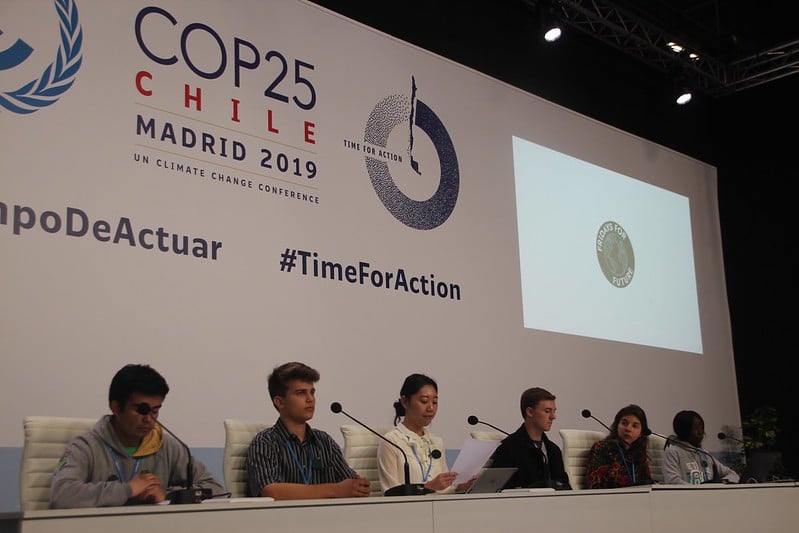A report by the International Energy Agency says that emissions of methane fell 10% in 2020, as oil and gas production declined and new methane regulations were implemented. However, regulatory action is needed to prevent them from rebounding.
—
What is Happening?
- In 2020, oil and gas operations accounted for over 70 million metric tons of methane emissions, according to the IEA’s annual Methane Tracker report. Emissions were 10% lower than the estimate for 2019 amid production cuts and the introduction of new methane regulations.
- Methane is the second-largest cause of global warming after carbon dioxide. While methane is less abundant than carbon dioxide, it absorbs more energy, making it a more potent greenhouse gas. Agriculture is the largest source of human-caused methane emissions, followed by the energy sector. 40% of the latter’s methane emissions come from oil production, while the rest comes from the natural gas chain.
- In the past, detecting methane emissions has been challenging because they are mostly caused by difficult-to-detect leaks, but recently, new satellites have allowed scientists to identify large discharges of methane.
IEA executive director Fatih Birol says, “The task now for the oil and gas industry is to make sure that there is no resurgence in methane emissions, even as the world economy recovers, and that 2019 becomes their historical peak. Early action on methane emissions will be critical for avoiding the worst effects of climate change.”
You might also like: Canadian Company Launches Satellite to Spot Previously-Undetectable Methane Leaks
- The report shows that methane emissions need to fall 70% over the next decade.
- It makes economic sense for energy companies to fix methane leaks because the captured methane can be sold as natural gas. The cost to do so can often be paid for by the value of the additional gas brought to the market.
- However, lower gas prices during 2020 made methane abatement less appealing, which could change since prices have risen once again. Overall, regulatory action is needed to tackle methane emissions.
- The IEA has urged governments to address the issue during the COP26 talks in Glasgow in November by including the tackling of methane emissions in their revised NDCs.
Featured image by: Flickr

















